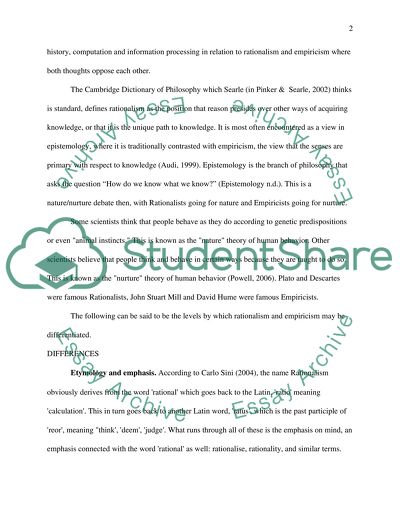Cite this document
(“Rationalism and Empiricism Essay Example | Topics and Well Written Essays - 2000 words”, n.d.)
Retrieved from https://studentshare.org/miscellaneous/1522387-rationalism-and-empiricism
Retrieved from https://studentshare.org/miscellaneous/1522387-rationalism-and-empiricism
(Rationalism and Empiricism Essay Example | Topics and Well Written Essays - 2000 Words)
https://studentshare.org/miscellaneous/1522387-rationalism-and-empiricism.
https://studentshare.org/miscellaneous/1522387-rationalism-and-empiricism.
“Rationalism and Empiricism Essay Example | Topics and Well Written Essays - 2000 Words”, n.d. https://studentshare.org/miscellaneous/1522387-rationalism-and-empiricism.


